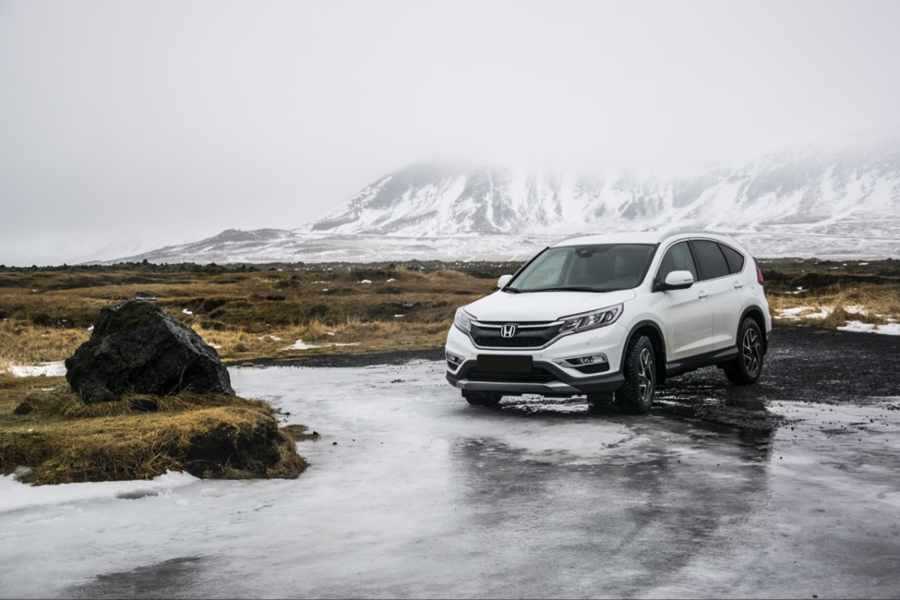Buying your first car is a significant milestone that blends excitement with responsibility. With countless options and variables to consider, knowing where to start can make the process smoother and more enjoyable. By taking the time to research, plan, and understand your needs, you’ll be able to find the perfect vehicle that aligns with your lifestyle and budget.
Determine Your Budget
One of the first steps in buying your first car is establishing a realistic budget. Knowing how much you can afford helps you narrow down your options and avoid financial stress. If you’re planning to finance your purchase, consider factors like loan terms, interest rates, and monthly payments. Shop around for the best financing deal, and explore various car financing options to ensure the monthly payment fits comfortably within your income. Understanding your credit score can also help you secure better loan terms and reduce overall costs.
Consider Upfront Costs
When determining your budget, include the down payment, taxes, registration fees, and any dealer charges. These upfront costs can significantly impact the total price and should not be overlooked.
Calculating these expenses beforehand gives you a clearer picture of what you’re committing to financially. Don’t forget to inquire about additional costs like extended warranties or dealer-specific fees that may come up during the purchase.
Account for Ongoing Expenses
Owning a car comes with recurring costs like insurance, fuel, maintenance, and repairs. These expenses vary depending on the type of vehicle and your driving habits.
- Make sure you leave enough room in your budget for these essentials.
- Keep a small emergency fund for unexpected repairs to save you from financial stress down the line.
Identify Your Needs
If you have a long daily commute, fuel efficiency should be a top priority. Look for vehicles with high miles-per-gallon ratings to save money on fuel costs over time. Additionally, consider hybrid or electric options if reducing your environmental footprint is important to you.
Think About Cargo and Passenger Space
For those who frequently carry passengers or transport large items, a spacious interior and ample trunk capacity are essential. Consider the number of seats and storage options to match your typical usage. Don’t overlook foldable rear seats, which can add versatility for transporting larger items.
Factor in Climate and Terrain
For instance, if you live in a region with harsh winters, an all-wheel-drive vehicle may be more practical. Conversely, if you’re in a warmer climate, a compact car might be ideal. Ensure your choice includes appropriate tires or features like heated seats if your area experiences extreme weather conditions.
Research Your Options
Explore different makes and models within your price range. Pay attention to features, reliability ratings, and reviews from other owners. Researching multiple options allows you to identify which vehicles offer the best value. Take note of models with strong manufacturer warranties, as these can provide added peace of mind.
Look for models with high safety ratings from trusted organizations. Features like airbags, anti-lock brakes, and advanced driver-assistance systems can make a significant difference. Newer vehicles often include additional safety technologies like lane-keeping assist and collision detection, which are worth considering.
Investigate Resale Value
Some vehicles retain their value better than others, which can be an advantage if you decide to sell or trade it in later. Reliable brands often have better resale value. Check historical trends to ensure the car you’re considering has a strong track record in retaining its worth.
Inspect and Test Drive the Car
Once you’ve narrowed down your options, inspecting and test-driving the vehicle is essential. Check the car’s exterior and interior for any signs of damage or wear. Look for scratches, dents, and rust on the outside, and ensure the interior is clean and functional. Pay attention to details like the condition of the seats, dashboard, and controls. If possible, inspect under the hood to check the condition of the engine and other components.
Test Drive Thoroughly
During the test drive, evaluate the car’s performance, comfort, and handling. Drive on various types of roads and test features like acceleration, braking, and turning. Listen for unusual noises and ensure the ride feels smooth. Test the car in traffic conditions similar to your usual driving environment to ensure it suits your needs.
Buying your first car is a rewarding experience that sets the stage for newfound independence and convenience. By carefully budgeting, identifying your needs, and researching thoroughly, you can make a confident and informed decision. Taking the time to inspect, test drive, and negotiate ensures you’re getting the best value for your money. With your new car, you’re ready to enjoy the freedom and possibilities that come with owning a vehicle.

